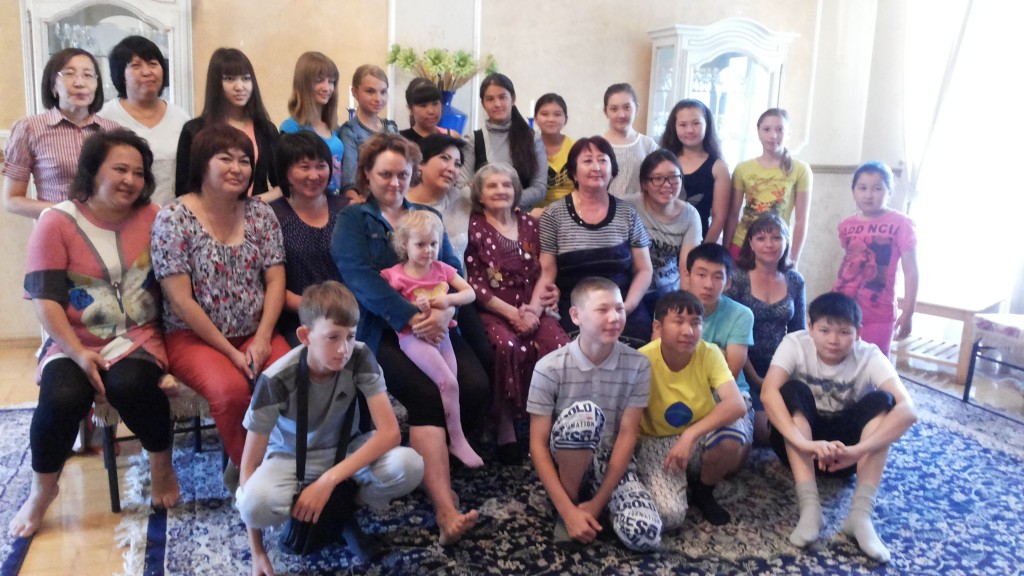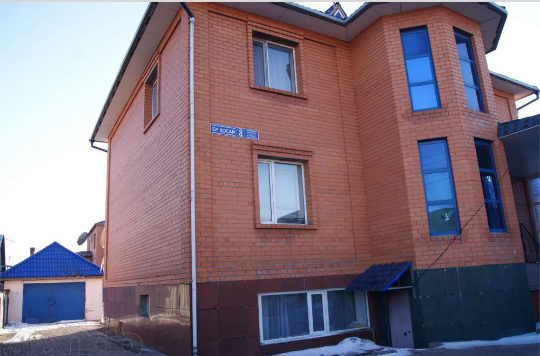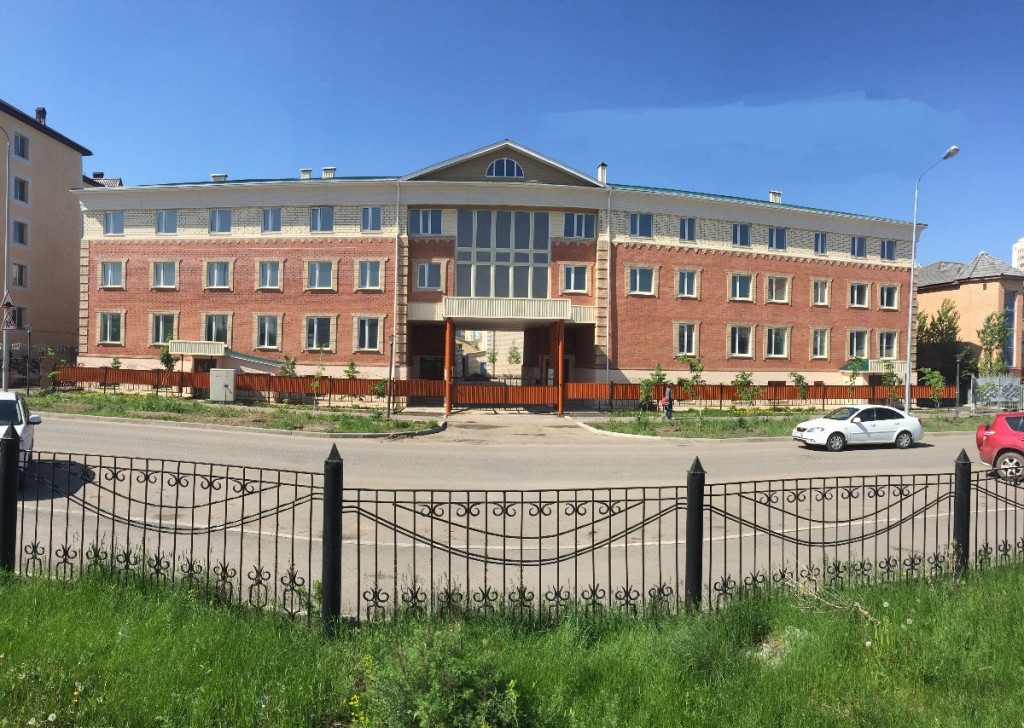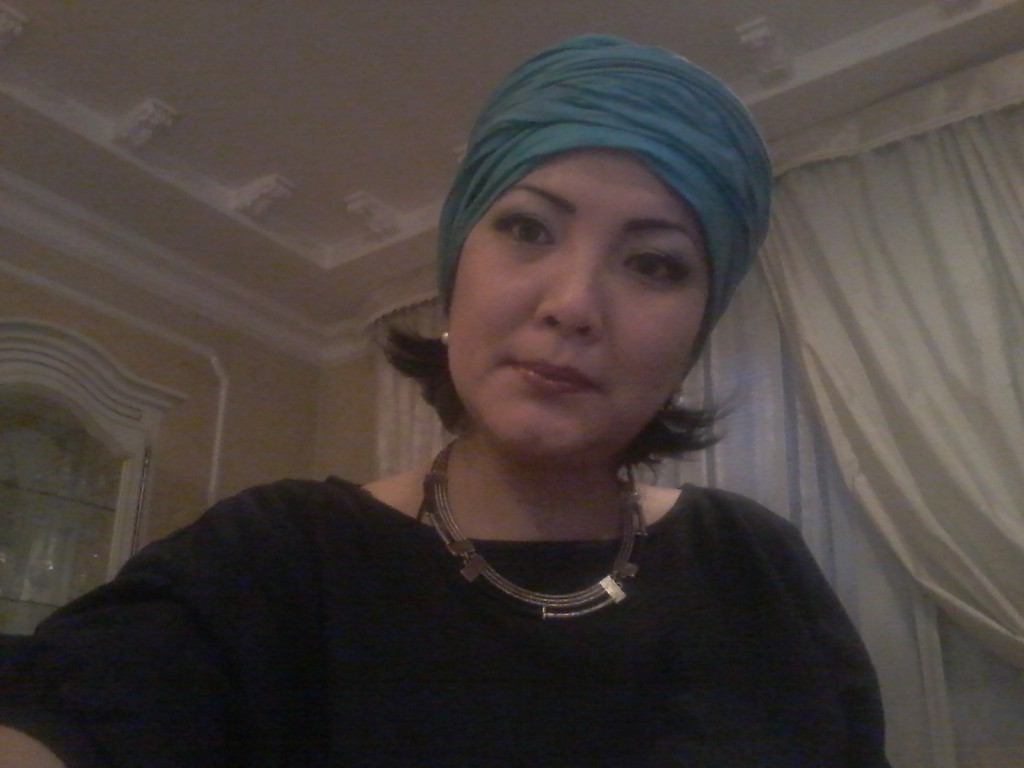ASTANA – Whether affluent or underprivileged, black or white, the human clock has no mercy.What once excited the young spirit will tomorrow be a vague memory.
The staff of the Adal Niet Astana charity fund, headed by its inspiration, founder and director general Bibisara Beysenbayeva, knows the challenges of seniors firsthand as the small, private fund offers homecare services for the elderly.
“The homecare service originated from my previous experience working with kindergartens,” Beysenbayeva told The Astana Times in an exclusive interview. “I [also] used to work with the Akimat (city administration) by handing out charity packages to the underprivileged and then I thought why not help the needy. The homecare started for free. At first, I took a rape victim and an older woman who was assaulted into my own home. It was then when I heard of the services of daycare for elders from my friend in Belgium and I thought why not open one here [in Astana].”
This is how Beysenbayeva’s journey started two years ago, when she took care of the needy and elderly. Today, the homecare has 10 permanent residents and two more who attend the daycare. The homecare services include highly-qualified doctors and medical staff from the state’s hospital No. 1; 24-hour medical and social care, with daily health checks for blood pressure, temperature and blood sugar level; medication treatments and injections; hygienic procedures and laundry; individual approach and rehabilitation programmes; five balanced meals a day according to the nutritionist’s and doctor’s recommendations; a specially-equipped area with multifunctional beds, anti-sore mattresses, bedside tables and tools to facilitate walking; a Wi-Fi area, home cinema, karaoke, interesting activities and events; regular walks as treatment accompanied by a member of the staff and the opportunity for family members, friends and loved ones to visit and communicate at any time, day or night (including phone calls and Skype).
To be able to accommodate the residents and improve the quality of their stay, the fund currently charges for the services. The fee starts at 80,000 tenge (US$424.79) and the exact cost is determined after an assessment, as various drugs and types of care may be required for different individuals, said Beysenbayeva.
The homecare residents are involved in numerous projects as part of the Third Age People Club, which includes catering services, a mini confectionery, handmade accessories and textile works.
“These types of activities help residents socialise, be active. They are all approximately the same age, so they have a lot in common. Some discover they have been neighbours, some even related. We often have guests who visit the residents, spend time talking with them. We try to treat them as equals. We don’t use hospital gowns; they’re free to wear anything they like, for instance. They need to feel comfortable here,” said Beysenbayeva.
In order to advance such services in Kazakhstan, however, Beysenbayeva believes that first society needs to change its mentality towards such services.
“Remote love is also love; our clients thank us for what we do. One of our clients has a good salary and to make that living she spends all her time at work. She is gladly using our services; otherwise, she would have to sacrifice her career to take care of her elderly parent. Hiring a caretaker costs even more and there have been cases of caretakers who abused their responsibilities. One of our other clients told us she had installed a surveillance camera and was shocked by what she saw,” she said.

The living room of the Adal Niet Astana, where residents gather to socialise and communicate with one another
“As opposed to the caretakers, we are a company that has legal responsibilities for the residents. We are interested in their good health, as this is our source of income. It is known that in the world seniors often travel and enjoy their lives, but our grandmothers and grandfathers from Soviet times have a mentality of separating themselves from society as they grow old. It is often looked down upon and decried when parents are given to elder’s houses in Kazakhstan,” she explained.
Beysenbayeva wants to take her ambitions even higher with her new project, the House of Generations.She is currently seeking any support to be able to realise her plans, including cooperating with government institutions, in particular hospitals, non-governmental organisations, private companies and foreign diplomatic missions.
“Speaking of future plans, we want to open a House of Generations for disabled children and seniors. We have found a facility in the city that suits our needs.It has a total area of 5,000 square metres with good infrastructure for further inclusive development. It will be next to a clinic, a school and an entertainment centre in the area around the Eurasia shopping mall. So far, the embassy of South Africa, headed by Ambassador Shirish Soni, is actively helping us in various ways and I am thankful to the National Chamber of Entrepreneurs of Kazakhstan for their support in the realisation of this project,” she said.
“According to statistics of the Ministry of Healthcare and Social Development, in Astana as of January more than 7,125 children under 18 years have disabilities; 3,266 of them are between the ages of three to seven years old. To engage different social groups in various activities, the House of Generations would include such services as a centre for full-day stay of children with disabilities based on medical and preventive, rehabilitative, educational and methodical work; a guesthouse with medical and social support for older people up to 52 people; a centre for the third age adaptation and preventive measures to support elder people and an employment centre for the graduates of orphanages with accommodations for mothers of children with disabilities,” said Beysenbayeva.
She smiled, as she recalled that her life is tightly related with daycare services. Beysenbayeva was previously engaged with kindergartens and currently refers to the programme as a “Grandgarten.” Both are rewarding life experiences for her, she said.





